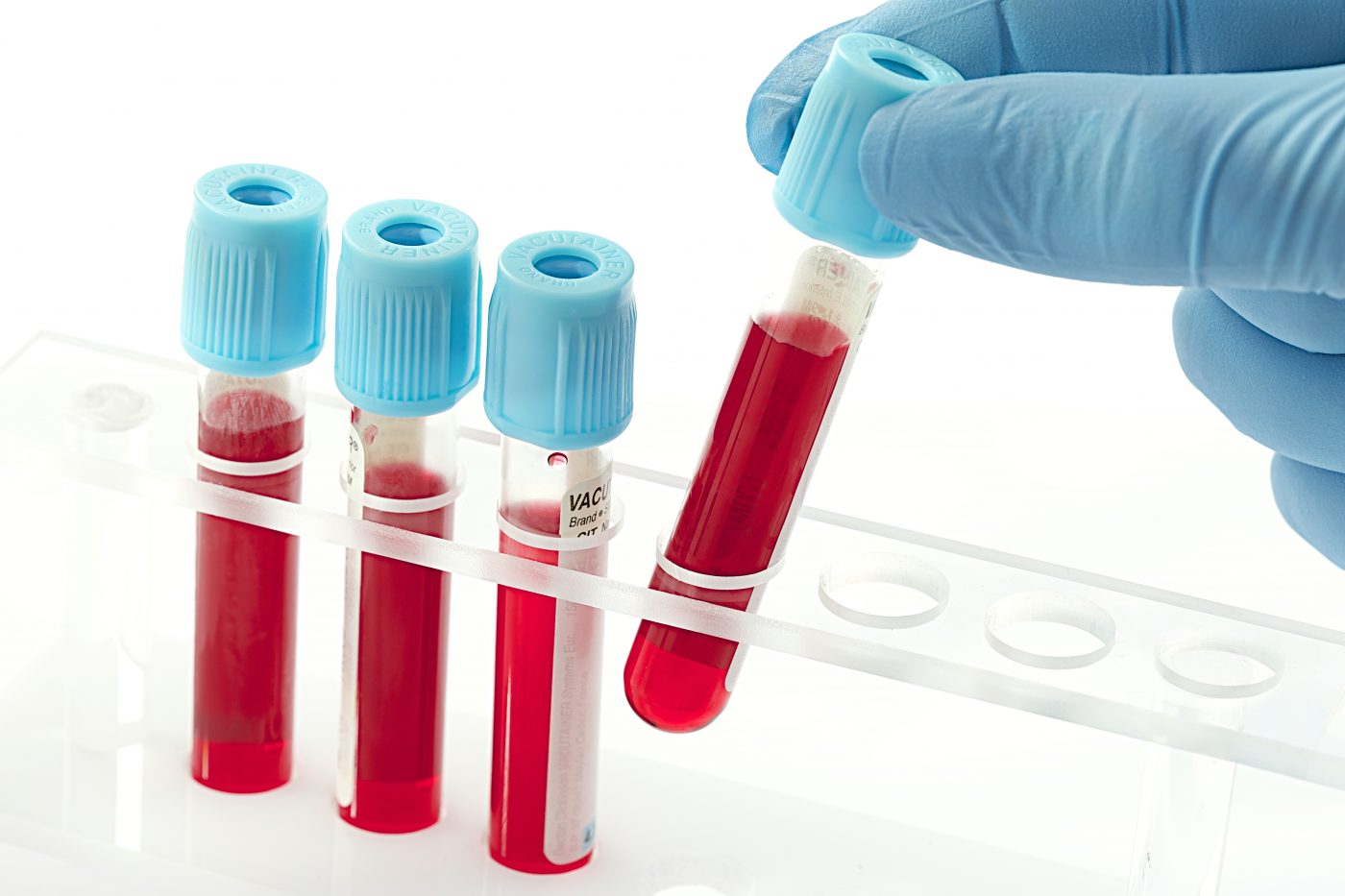Exagen Diagnostics Develops Blood Test to Monitor Lupus and Lupus Nephritis

Exagen Diagnostics has developed a blood test to keep tabs on the conditions of people with lupus and the kidney disease lupus nephritis.
The company has made the test, which it calls the AVISE SLE Monitor, available to doctors throughout the United States. The New York State Department of Health has conditionally approved the test, Exagen added.
The test combines two kinds of biomarkers. One is anti-double-stranded DNA antibodies, the standard method for diagnosing lupus. The other is cell-bound complement activation products, or CB-CAPs. Both markers have shown significant correlations with disease activity.
Rheumatologist Waleed Bolad said he looks at managing lupus like firefighting. Using that analogy, Exagen said the AVISE SLE Monitor acts as a fire alarm, alerting patients to a worsening of their disease before it becomes severe and irreversible.
“I will even use this analogy with my patients to help them understand how important it is to pay close attention to their disease symptoms,” Bolad said in a press release. “A small fire in one room is relatively easy to extinguish, but a fire in multiple rooms means the whole house is in jeopardy and [it] will be difficult to fully recover and restore the damage from such a fire. If AVISE SLE Monitor can help us detect one of these small fires, that will be very valuable information indeed.”
One in four lupus patients has biomarkers of disease activity that can be detected only with laboratory analysis, according to a study published in 2013.
Exagen said the AVISE SLE Monitor has the potential to become a standard part of the lupus-monitoring regime.
“We have been exploring the relationship between CB-CAPs and disease activity for the past 5 years and expect physicians to find this additional information to be very valuable as they look for clues about an individual’s disease activity,” said Thierry Dervieux, the chief strategy officer at Exagen Diagnostics.
“Furthermore, we are including a measurement of anti-C1q autoantibodies which can help assess if a patient is at risk for lupus nephritis, a more severe form of SLE affecting kidney function. When a patient suffering a flare from lupus is successfully managed, they should expect the biomarker levels on AVISE SLE Monitor to reflect that improvement.”






